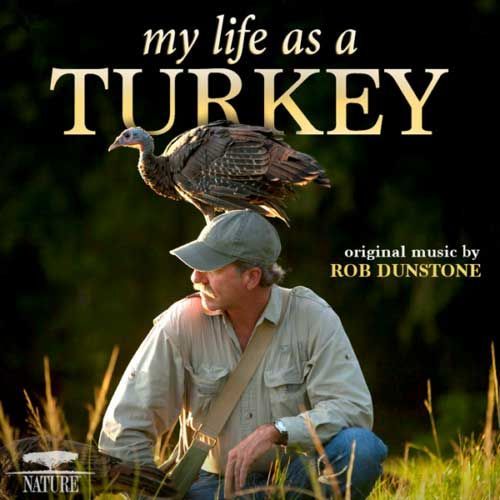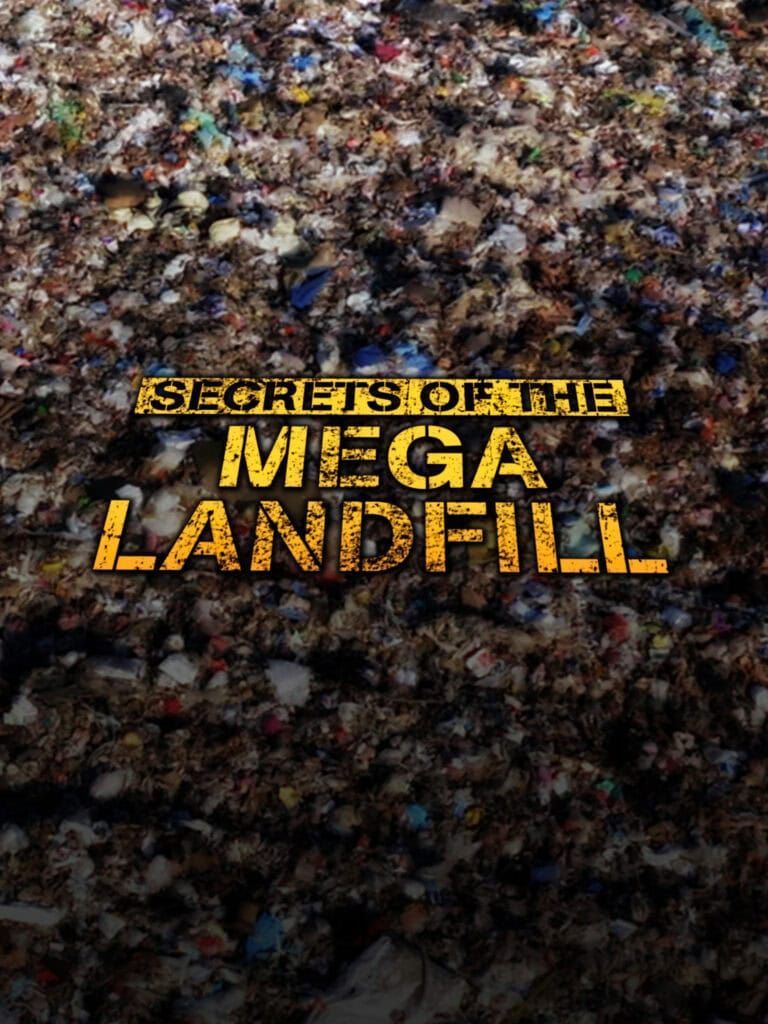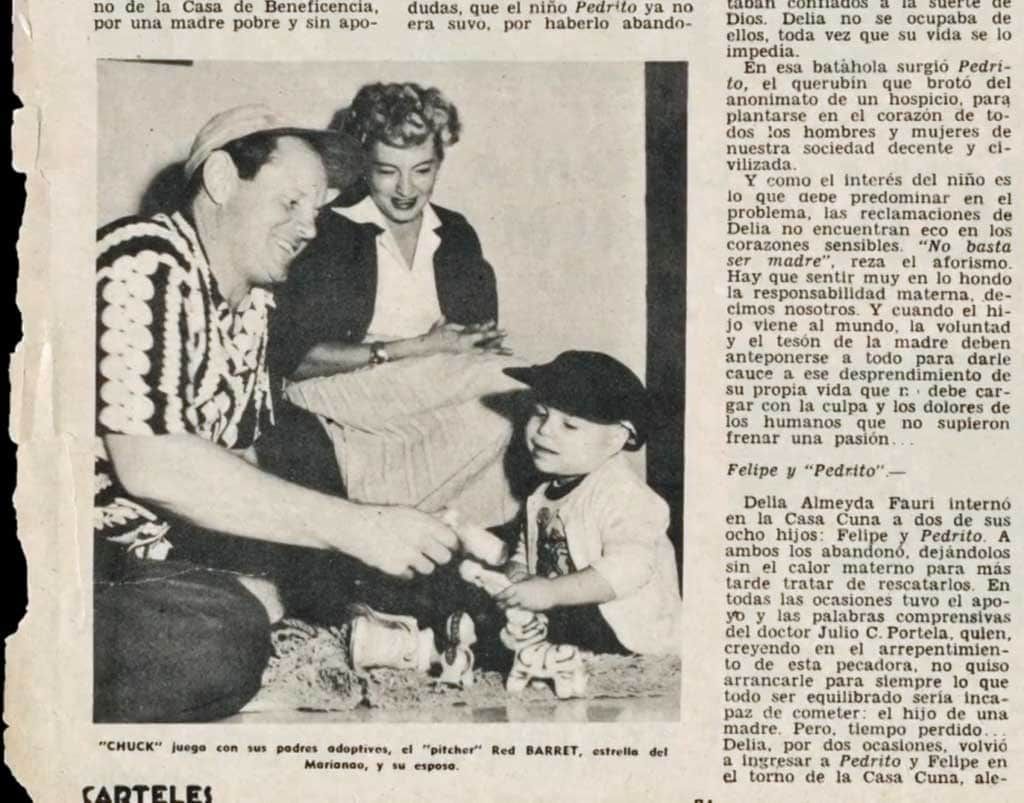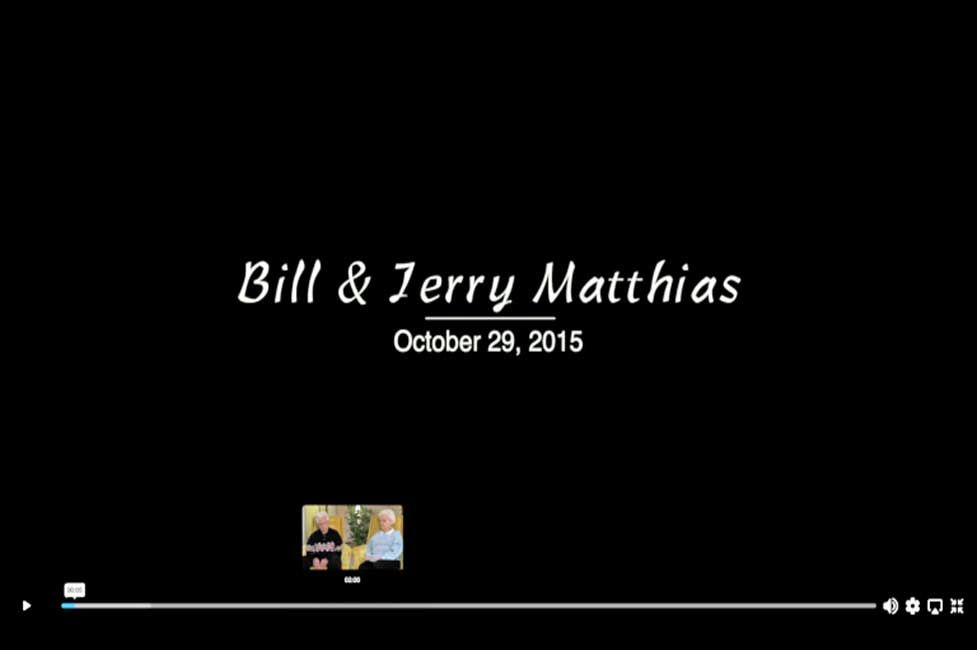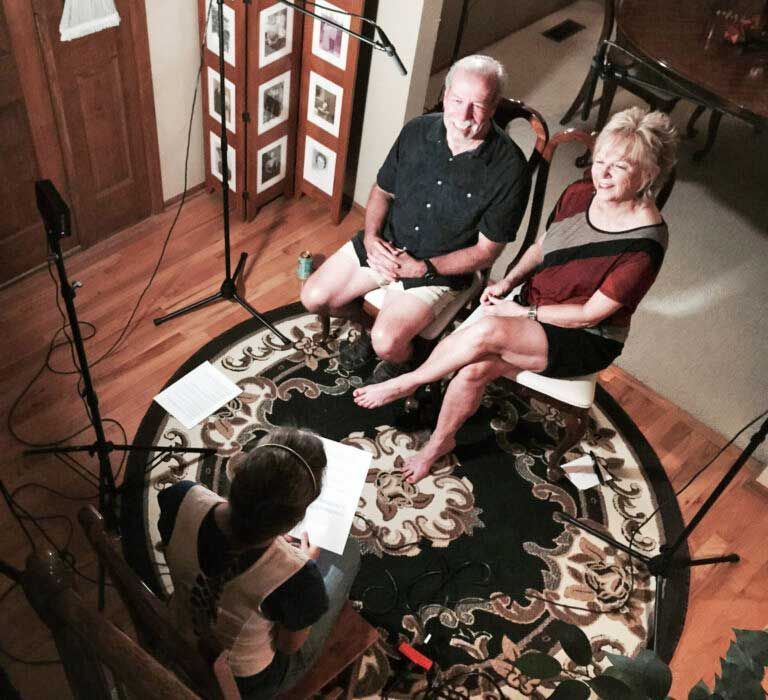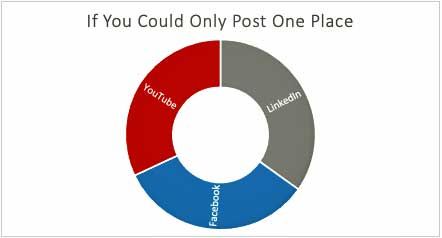Legacy Letters — Deposit into the Future

What is a Legacy Letter?
A last will and testament passes on material inheritance to beneficiaries. In the event that they never get the chance, many people want to make sure they can leave behind wisdom for their loved ones. Legacy letters enable us to record our life lessons, share our values, and give our blessings.
These ethical wills pass on the things that we want loved ones to know; not just to inform them about us, but also to benefit the recipient. Parents of young children may want to explain what they believe, their hopes for each child, and information they wouldn’t want them to grow up without. When writing to older family members, thanks, regrets, and forgiveness may want to be shared. A legacy letter is peace of mind that what needs to be said won’t go unsaid.
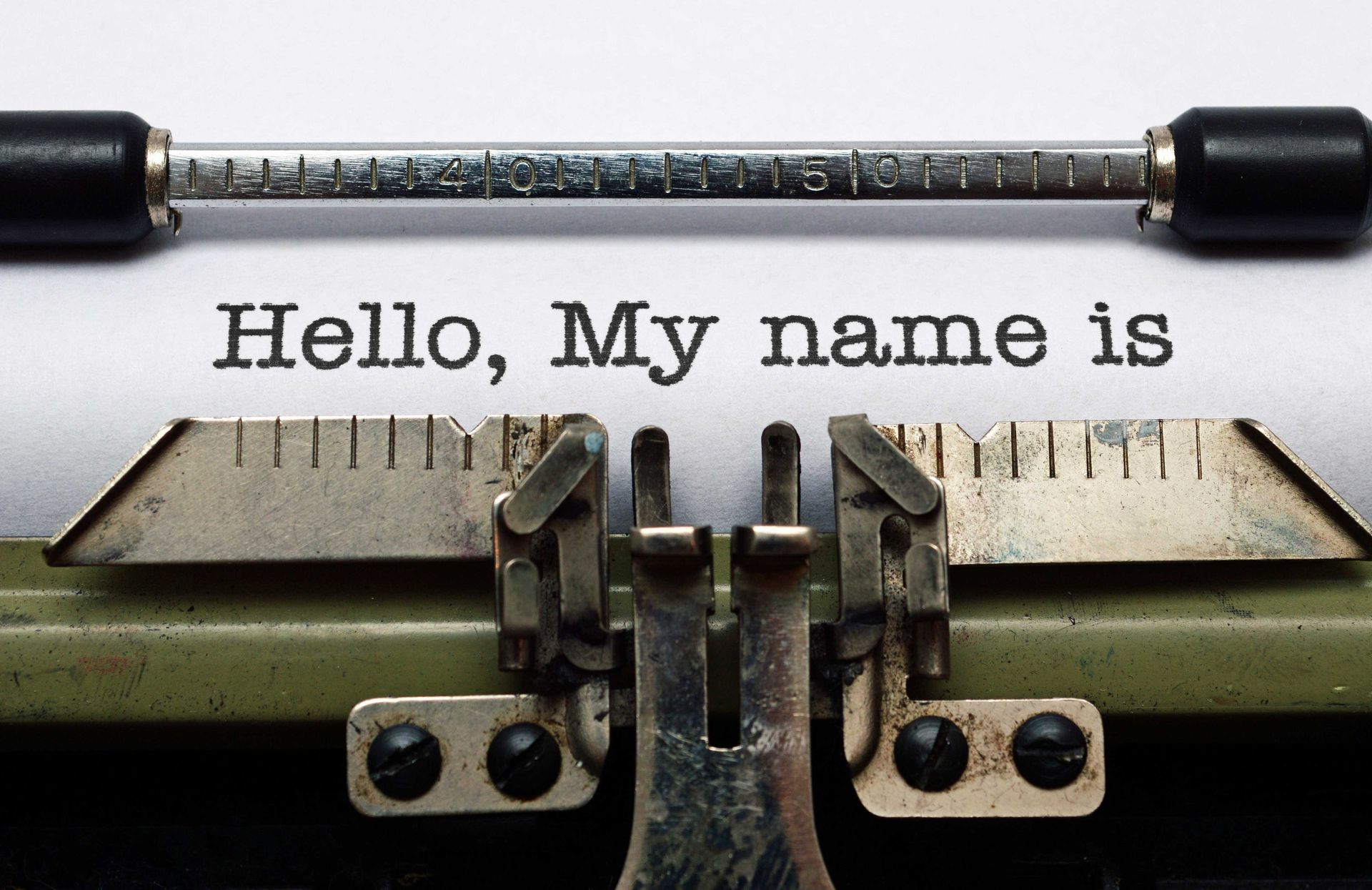
How to Write your Own.
Because an ethical will is not a legal document, there is not a single way they must be written. Some are formally structured, others are stories. They can be for an audience of one or a message to a community. Here are several points that legacy letters usually include.

Introduction
Who are you and who are you writing to? What are your intentions and what is the context? (If you add things over time, you may want to include the triggers that got you writing.)
Reflection
What is your story? What are life lessons you’ve learned? Any special memories?

Expressions
Do you need to ask for forgiveness or do you have regrets? What are you grateful for? Is there something you are proud of?
Beliefs
What are your values? What are your spiritual beliefs? How did you get through the hard times?
Blessings
This is an expression of your love. What are you dreams for the/their future? Any final things you want them to know?
Not everyone wants to write such a letter even if they know how. There are businesses that help people with the task or do the work for them. There are others who would rather speak out their values, show photos and videos with the stories, and capture authentic emotion. Video legacy letters can expand the impact of their message. Both mother and father can speak to their child. Through technology, a loved one’s voice can be played again and again. Through legacy letters, the values of our stories don’t end with us, but can be deposited into the future.


